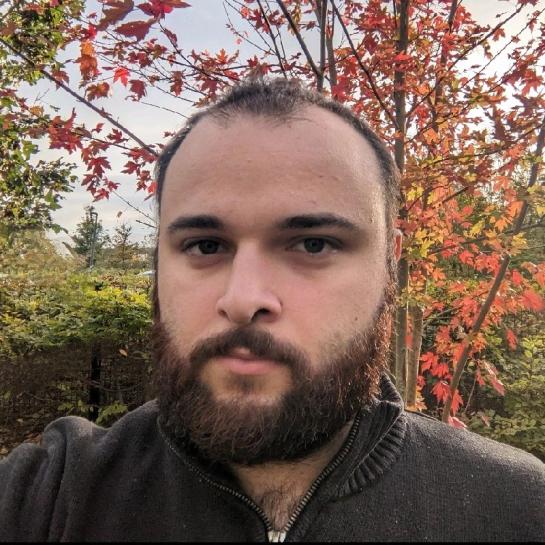
Titouan Miloikovitch
Biography
Eutopia cotutelle program: Joint PhD with CY Cergy Paris Université (CYU) and Vrije Universiteit Brussel (VUB) 2023 - 2027
Education
Master 2 Geosciences for Energy › Cergy Paris Université 2022
Master 2 Study of the Earth's Climate › Université Paris-Saclay 2021
Master 1 Earth and Planetary Sciences – Environment › Cergy Paris Université 2020
Bachelor’s Degree in Physics and Chemistry › Cergy Paris Université 2019
Project title:
Lithium From source to sink in geothermal brines of European crystalline massifs and their derived detrital rocks (LiFE)
Description
In the present-day global context of ecological and energetical transition, lithium (Li) production at a European scale is a critical issue, since Li is required for battery production as well as electrical mobility. Different attempts have already been made to extract Li from geothermal water that circulates deep in the Earth’s crust. These efforts were successful in the Upper Rhine Graben (URG, at the boundary between France and Germany) and produced Li carbonate of battery quality (see EuGeLi project). However, the source of Li in these waters remains unknown. The aim of this PhD project is to study both the underground waters and the rocks in which lithium circulates, and to determine the geochemical link. In facts, because of the high temperatures of these deep waters, their exploitation is already performed in Europe inside geothermal powerplant for energy production. The extraction of lithium from geothermal waters thus represents a valuable interest for the deep geothermal energy activities, where lithium would appear as a co product. In addition, the ecological impact would be minimal compared to exploitation from vast mines, either at the surface or underground as the latter require extraction, grinding and refining of huge volumes of rock that would disfigure the landscape and generate pollution. This PhD work will be focused here in two geographical areas: 1) the URG (France and Germany sides) from which Li has already been extracted in a pilot plant, and 2) the Rheno-Hercynian area around the Havelange deep borehole, in Belgium. Basement rocks and sedimentary cover will be collected for geochemical analyses, together with the waters that circulate within them. Results will be combined with literature data and the whole data set will undergo statistical treatment to highlight potential groups and classes to better understand the connection between rocks and underground waters. Geochemical modelling will aid to determine how the elements are transferred from rocks to underground water by dissolution or other processes. This Eutopia PhD project take place in coordination within two institutions: CY Cergy Paris Université (CYU) in France and Vreije Universität Brussels in Belgium (VUB). In addition, cooperation with the Karlsruhe Institute of Technology (KIT) in Germany is being implemented. Firstly, rocks characterization will be performed at CYU GEC laboratory, through petrographic (nature and organization of the minerals composing the rocks) and petrophysical (porosity and permeability) observations. Then, Leeching experiments will be conducted at the Institute of Applied Geoscience (AGW) in the KIT. Finally, ultra fine geochemical analyses will be conducted at AMGC Lab in VUB Brussels. At the end, the history of lithium from source (rocks) to sink (underground waters) will be better understood and help to select the best areas of interest in Europe for both lithium and geothermal exploitation, based on the examples obtained from the two studied areas.
Keywords
Lithium, Geochemistry, Geothermal energy, Geothermal Brines, Rhine Graben, Fluid/Rock interactions, Rock characterization, Modelling.
Supervisors
Profs. Béatrice Ledésert & Ronan Hébert (CYU)
Profs. Steven Goderis (VUB) & Philippe Claeys (VUB)
Location
Pleinlaan 2, VUB
AMGC
1050 Brussels
Belgium
